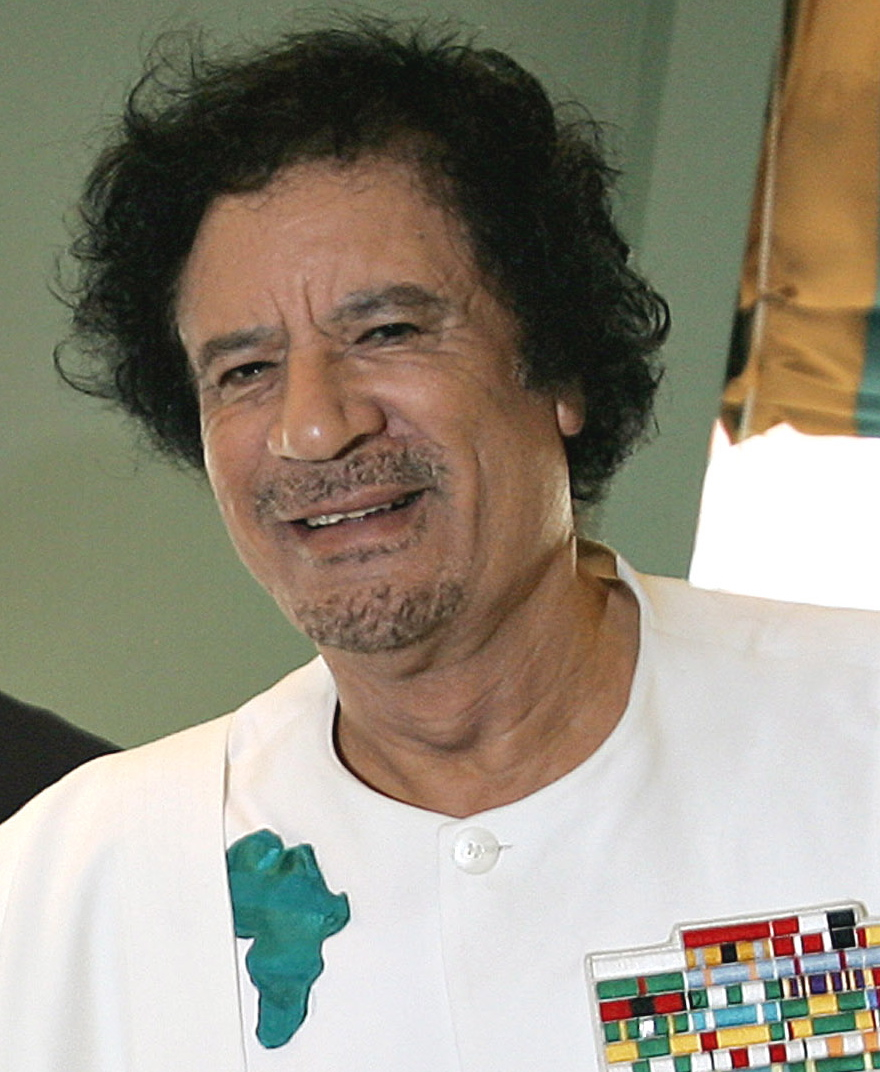The Terrorist Consequences of the Libyan Intervention
Qaddafi has a long track record of using asymmetric warfare. Lockerbie, anyone? The terrorists may already be on their way.
 In trying to figure out just what we have gotten ourselves into by applying military force to Libya, one set of consequences that has received relatively little comment so far concerns international terrorism. The problem has multiple dimensions.
In trying to figure out just what we have gotten ourselves into by applying military force to Libya, one set of consequences that has received relatively little comment so far concerns international terrorism. The problem has multiple dimensions.
The dimension that is hardest to gauge but ultimately may have the broadest impact is the effect on perceptions and resentments of many people far beyond Libya who might be recruited into terrorism, or at least might support or sympathize with it. Any use of Western and especially U.S. military force in a Muslim country runs the risk of energizing Islamist terrorism. Such use bolsters the extremist narrative of a Judeo-Christian West that is out to kill Muslims, dominate their lands, and plunder their resources. This cost was a significant consequence of the Iraq War. As the U.S. involvement in Afghanistan has dragged out, that war also has increasingly been seen as a motivator stimulating Islamist terrorists—as reflected in the statements of those who have been captured, including ones captured in the United States. To the extent that the story coming out of the operation in Libya becomes focused less on Qaddafi and more on the immediate drama of Western forces, military action, and inevitable civilian casualties, this operation as well will play into the extremist narrative.
Other terrorist-related effects directly involve Libya. The understandings that Qaddafi had earlier reached with the United States and Britain about terrorism (as well as unconventional weapons) are now obviously dead letters. This means that counterterrorist cooperation, including exchange of information about Libyan radical jihadists (who have been disproportionately represented in the ranks of transnational terrorists) is presumably also dead. A result is the loss to the United States of a source of information that could otherwise be used to go after these extremists. The loss is all the more disadvantageous coming at a time when we need to know as much as possible about any of the extremists working their way into the ranks of the opposition taking shape in eastern Libya.
The most direct effect involves terrorist retaliation by Qaddafi. This is another result of the destruction of understandings that had been reached with him. The best guide to what he is likely to do is simply to recall his behavior before he got out of the terrorist business. One of the most noteworthy entries on his record was the bombing of Pan Am 103 in 1988, which very likely was at least in part a response to the U.S. military strike against Libya in 1986, which was shorter and less extensive than Operation Odyssey Dawn has already become. Qaddafi’s ability to use asymmetric attacks against the United States and its western partners will continue even if he controls only a rump of the Libyan state. He may very well have already put terrorist operations in train.
Finally, we should remember that anything done to Qaddafi is being done to someone who had given up terrorism. Much has been said about what lessons other authoritarian regimes in the region will draw if the Libyan ruler is allowed to use force to stay in power. We also should think about the lessons that will be drawn if someone who gave up not only terrorism but also his unconventional weapons programs in return for normal relations and acceptance in the international community is made a target for regime change. The lesson that the mullahs in Tehran and others will draw is that it would be useless to reach any agreement with the West about terrorism or nuclear weapons because the West is really interested above all in regime change and, regardless of any agreements that may have been reached, will seize the first opportunity that comes along to try to realize that goal.
Image by Agência Brasil
